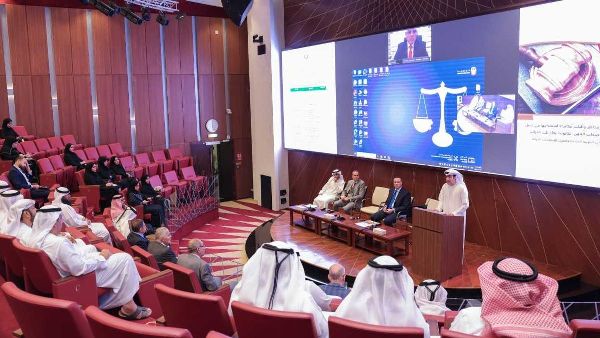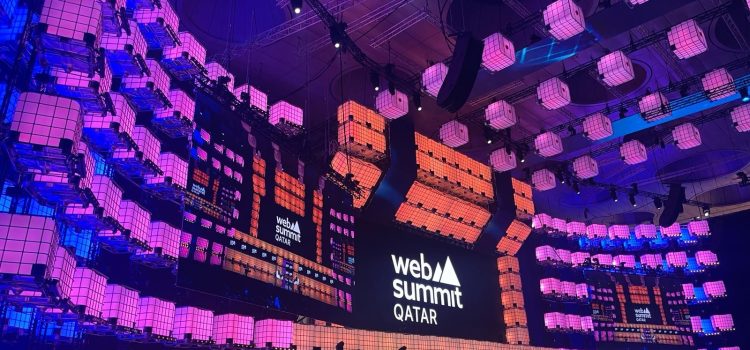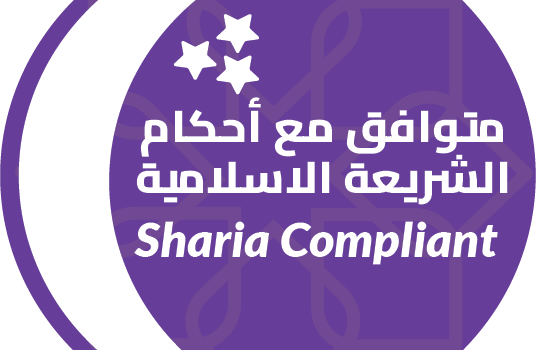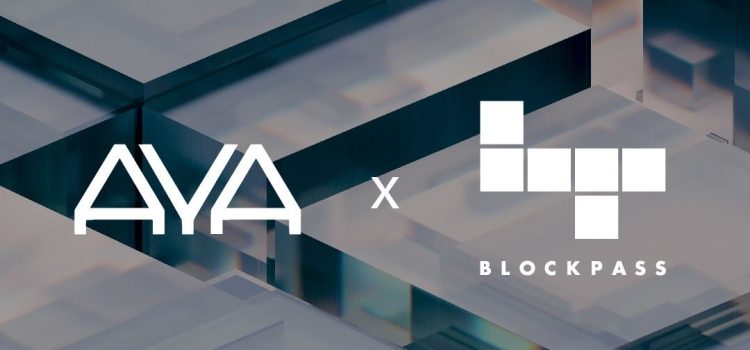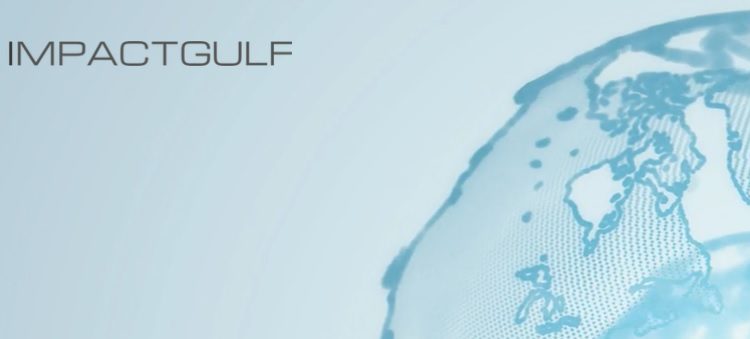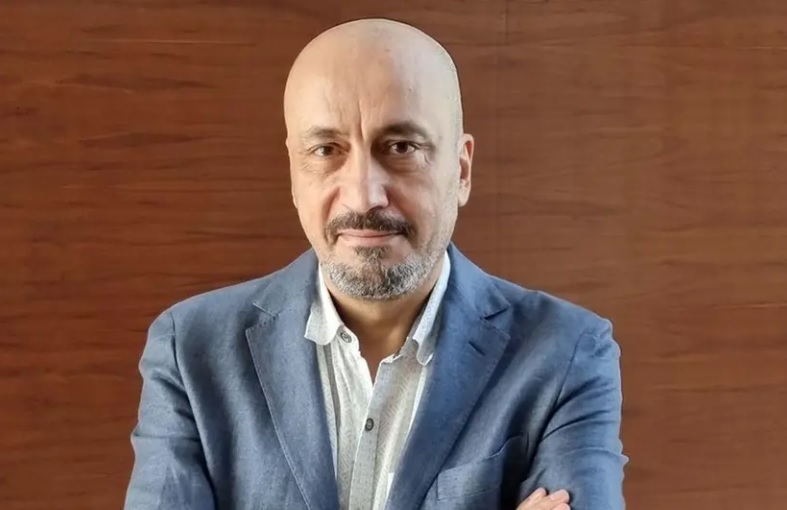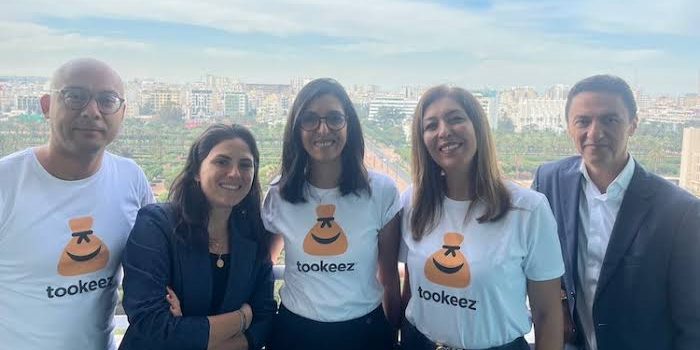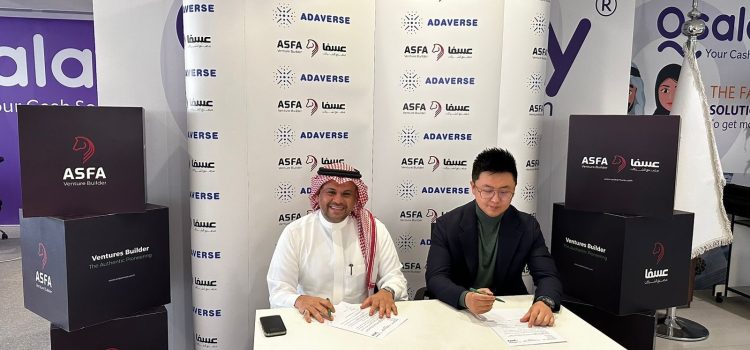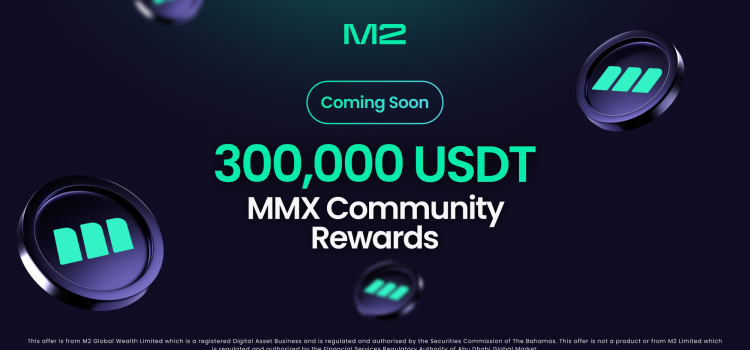
DMCC announced the number of new companies that enrolled in 2023, with 123 new crypto and blockchain entities registering at the DMCC crypto center, culminating in 600 companies in total. By the end of 2022 DMCC had announced that it had 500 crypto blockchain entities registered in its freezone.
In total Dubai Multi Commodities Centre (DMCC) has enrolled 2,692 new companies in 2023, taking the total number of companies in DMCC to over 24,000.
The launch of new industry ecosystems, the expanded service offerings and the physical growth of the Uptown Dubai district with the launch of Uptown Tower have driven DMCC’s 2023 growth story.
DMCC accounted for 11% of Dubai’s total FDI inflows. As per the 2023 annual report, DMCC became a hub for trading of commodities such as diamonds, and precious stones, gold, as well as a hub for high value services such as crypto, gaming and Web3.
Ahmed Bin Sulayem, Executive Chairman and Chief Executive Officer, DMCC, said, “For DMCC, 2023 showcased its ability to sustain its record performance whilst undertaking crucial infrastructure expansions. Attracting 2,692 new companies is testament to our efforts to continuously enhance our value proposition year after year, reinforcing the role we and our members play in driving trade and investment, contributing up to 11% of all FDI inflows to Dubai. With the opening of Uptown Tower and the wider development of Uptown Dubai, our business district is stronger now than it has ever been, and we have set ourselves up for accelerated growth, a crucial factor as we accommodate new waves of investment to Dubai.”
The DMCC Crypto Centre welcomed industry leaders such as Bybit, Solana and TDeFi into the fold alongside an additional 129 companies. The Centre is now home to 600 firms, further reinforcing its position as the largest concentration of crypto, blockchain and Web3 companies in the region.
Two core growth sectors for DMCC show promising opportunities in 2024 are the Gaming Centre and the impending launch of a new AI Centre. Over the past year, DMCC’s Gaming Centre doubled in size to reach almost 100 members at the year end.









